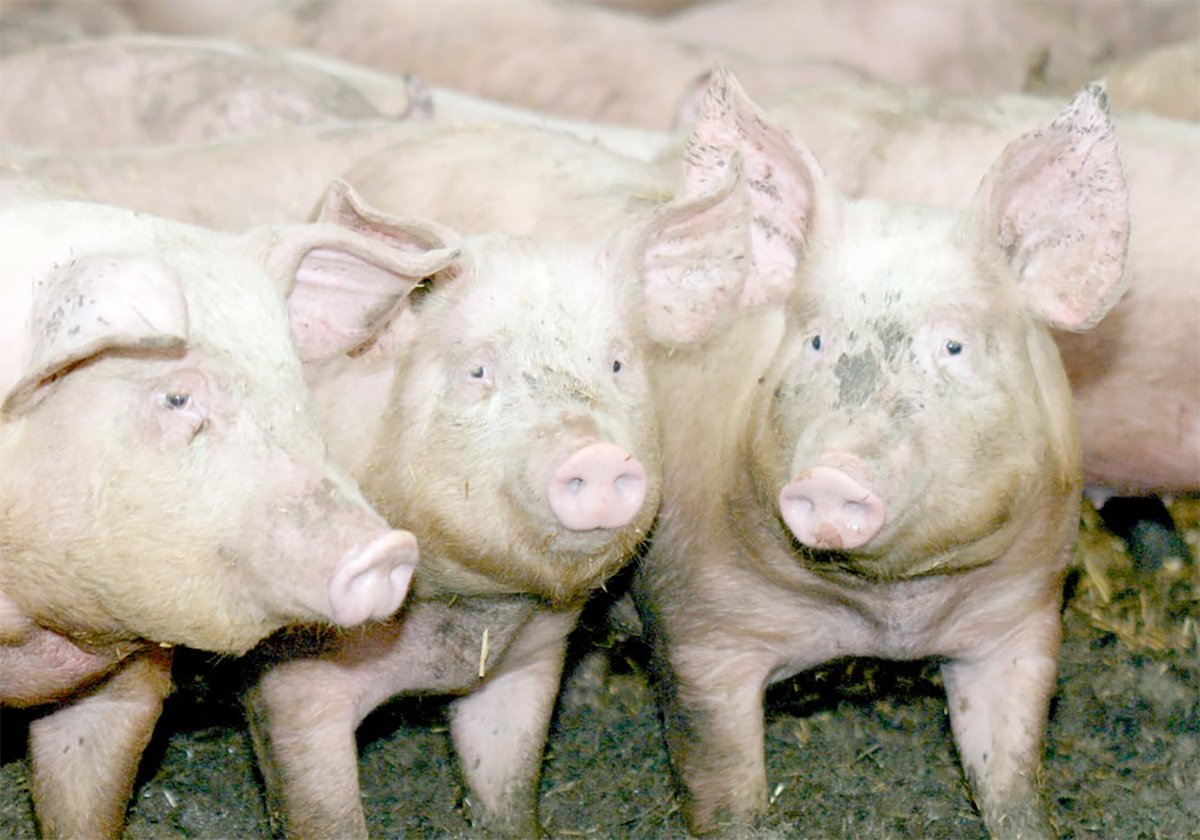NEEPAWA, Man. – Kelsey Howell’s thoughts were about learning and having fun when she joined the Manitoba 4-H Young Horse Development Project. After her second year in the project, she feels rewarded.
“I think it’s good,” said the 16 year old from Virden, Man. “It’s not just all about winning.”
The young horse development project was started in 1998 as a joint effort of Manitoba 4-H and the Manitoba Equine Ranching Association, which is a member of the North American Equine Ranching Information Council.
The project gives senior 4-H members a chance to showcase what they’ve learned through the 4-H Equine Program. It also features the stock bred and raised on Manitoba’s horse ranches.
Read Also

The Western Producer Livestock Report – November 13, 2025
Western Producer Livestock Report for November 13, 2025. See U.S. & Canadian hog prices, Canadian bison & lamb market data and sales insights.
Through the project, members select and buy foals as weanlings from participating Manitoba ranchers. They then learn how to raise and train the young horses.
Once a year, they gather at Neepawa for the annual presentations of the Manitoba 4-H Young Horse Development Project. During the event, the horses are presented as either a yearling “in hand,” or as a two year old under saddle.
This year, there were 13 yearlings presented and nine two year olds. Evaluations were based on individual performance rather than having participants compete to outshow one another.
“What’s neat about the program is that we don’t rank them,” said Debra Kaleta, Manitoba Agriculture rural leadership specialist and the project’s co-ordinator.
“They receive points and earn their payout based on the points that they earn.
“It’s about individual improvement and effort. They’re not being compared to each other.”
Money for the payouts is drawn from an enhancement fund. When the 4-H members buy their foals from Manitoba horse ranches, the ranchers contribute half the purchase price to the fund. There is a set cost for the foals: $700 for registered stock and $350 for grade stock.
A third of the fund is paid to participating 4-H members following the presentation of their yearlings at Neepawa. They are evaluated and awarded points based on their basic showmanship skills, conditioning of their horses and their ability to teach horses to work on a longe line and to load into a trailer.
Members presenting two year olds under saddle are evaluated on their individual performance over a predetermined horsemanship pattern. Two-thirds of the enhancement fund is allocated to them, based on points earned.
The payouts also take into account completion of the project books and adherence to the rules of the program.
“It gives them the opportunity to work with a young foal over a two year period and come up with a good horse that they can take pride in because they trained it themselves,” said Kaleta, during the Aug. 20 presentations in Neepawa.
“They all seem to be coming out of the ring quite happy with what they’ve done. I’m excited that they made it here and that they’re so positive about their experience.”
This year, 21 Manitoba horse ranchers are participating in the 2006 offering of foals for the project. Twenty-three 4-H members were accepted into the project this spring. They visited participating ranches in July and August and will pick up their foals in early September.
Bob and Maria McCallum of Boissevain, Man., are among the ranchers impressed by the young horse development project.
“I think it’s a great program,” said Bob, who offers horses for the project each year. “You can’t put horses into better hands than those of a 4-H member, as far as I’m concerned. It’s also good advertising for us as breeders because they take these horses to shows and people get to see them.
“We’ve been in it right from the get-go and it’s been a positive move for us.”














